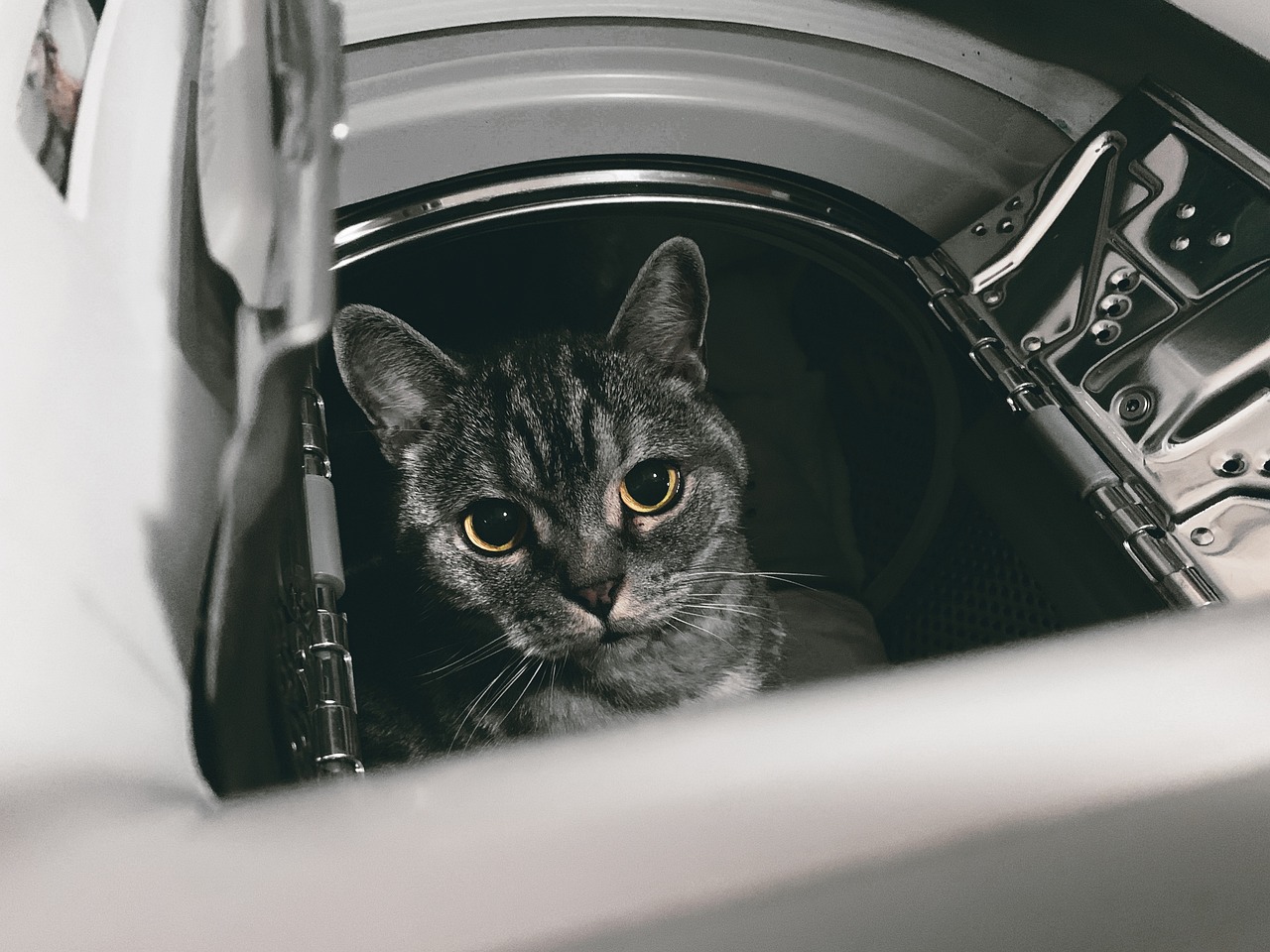Outside of winning the chance to get a major kitchen appliance makeover, not many of us are going to be able to replace things like the washing machine and dryer on a super regular basis. As such, we have to keep them running for as long as is feasible, which can require some pretty expensive repairs along the way. But, what if you can avoid paying for those repairs? With these tips, hopefully, that becomes a little more plausible.

Clean your appliances (and your kitchen)
Dirt, grime, and even chemicals regularly found in the kitchen can all start to cause some wear and tear with your appliances. Aside from the fact that you need to make sure you’re cleaning your machines, the state of the kitchen matters just as much, since that dirt tends to spread around. Be sure not to use heavily abrasive chemical cleaners, and look for more natural solutions where possible, such as a simple vinegar, water, and lemon juice combination. Otherwise, the protective layers on the metal parts of these appliances can wear away.
Know the parts that are likely to go
If you get in touch with the manufacturer or even ask around on their forums, then you’re likely to find people who have experience with those appliances breaking down just as much as you. However, some of them might have the savvy to let you know which parts are most often the culprit, and from there, sourcing the parts to fix your dryer is much easier. Just make sure that you learn how to replace them correctly. If you can do that, however, you could skip calling out the repair team entirely.
Inspect the seals
Some appliances have seals that ensure that their doors stay shut. You should take care simply to inspect them once a month. If the dishwasher door isn’t sealing, it can lead to leaks. If the fridge or freezer is experiencing the same problem, it can give you a whole load of spoiled food. You should take the time to clean these seals, as well. Hot soapy water should do the trick just fine. If those seals aren’t working, you may need some help, however.
Be mindful of their appropriate usage
You should try to keep in mind any usage limitations that your manufacturer might tell you about your appliances. You can usually find appliance manuals on the manufacturer’s websites. They might tell you things like the weight a tumble dryer or a fridge can handle. Overloading your appliances is not just going to decrease the efficiency of the job that they’re designed to do, it’s also going to make them a lot less energy-efficient and, in time, can really wear down on them. Take it easy on your appliances.
There will come a time when you’re going to have to fork out some cash to either repair or replace a kitchen appliance that’s regularly giving you trouble. The advice featured here should help you put that day off, however.



